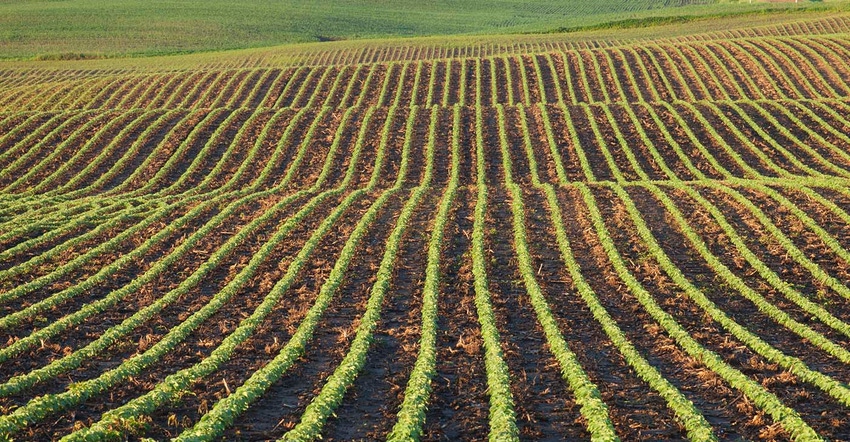
As you settle into winter hibernation, the Brazilians are ahead of schedule for the 2018-19 campaign, with 89% of their projected 88.4 million acres of soybeans planted by last weekend (Nov. 24/25.) That’s well ahead of the five-year average for planting progress by the same week (78%).
Two things jump out as we look at Brazil’s current situation:
Brazil is set to mark (another) new record. Stifle the yawn, please. I know—Brazil breaking soybean planting or production records has become old hat. For Calendar Year 2018 soybean exports, the crushing industry association tally could go as high as 82 million metric tons. If that indeed comes to be, it will mark a 19.4% jump over 2017—fueled in part, no doubt, by the Sino-U.S. trade war.
Higher Brazilian freight rates add production costs. A nationwide truckers’ strike in June led to new and higher freight rates, so that the 960-mile trip for a load of beans from southern Mato Grosso state to Port of Paranagua costs about $49.75 per tonne, or, say, $1.36 per bushel. As freight costs represent a greater share of ending costs for corn than for soybeans, at least one Brazilian trade association is revising its Brazil corn export numbers for Calendar 2018 downward. Anec, the Brazilian processors’ association now says Brazil’s 2018 corn exports will wind up at about 30 million tonnes, as opposed to the earlier projections of 32 million tonnes.
The head of that group, Sergio Mendes, recently said, “It’s impossible for producers to assume an additional cost estimated at US$5 billion for 2019, which represents 12% of the total forecast contribution for the grain balance sheet.”
Conab, a grain regulation agency of Brazil’s Ag Ministry, just contracted freight for about 35,000 bushels of corn to go to smaller farmers for rations. And what with the one-two punch of high freight rates and a big U.S. harvest, corn exports from Brazil are down versus last year, leaving stocks at 18 million tonnes.
The opinions of the author are not necessarily those of Farm Futures or Farm Progress.
About the Author(s)
You May Also Like






